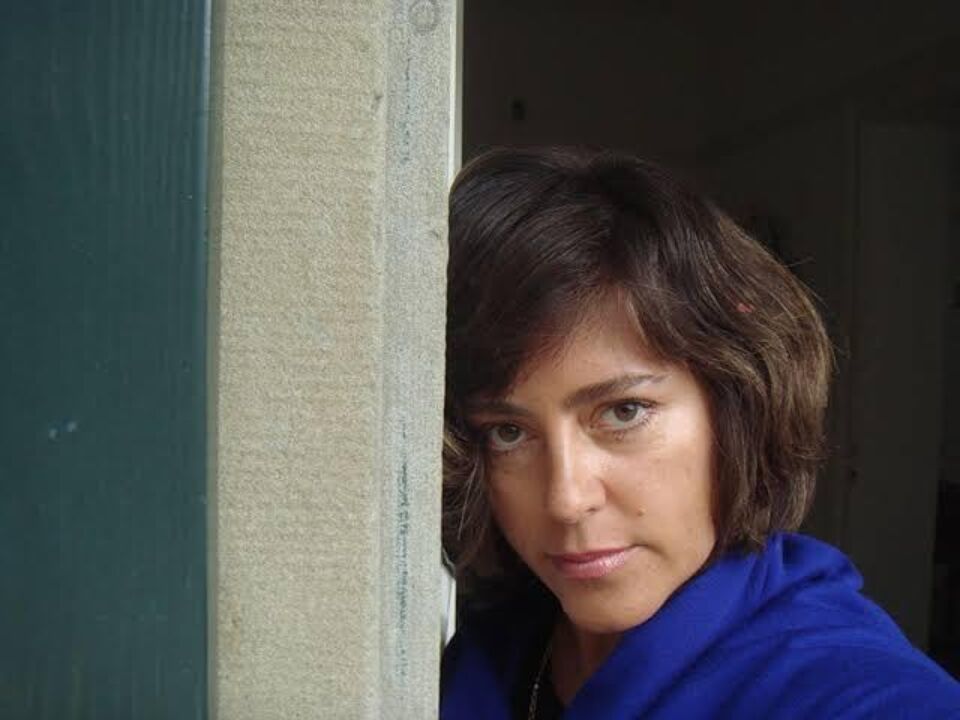
Three Poems, Translated from the Russian by Andrew Baruch Wachtel
GO
Don’t look back, just go. The past is done.
Neither defeat in battle, nor the brilliant sea
with a rowboat and a lone figure
in the rowdy spray
can interrupt the icy prayer
of empty space. Shorn of secrets.
Neither the feminine nor the masculine—nothing can touch
or nudge us back into synchrony.
We lived through so much, that not a drop remains.
Refugees and soldiers, we march over the ploughed up
rounded earth, our eyes
knowing one thing only—go.
(…)
Let your heart beat like a gnat in an autumn lamp,
or don’t light the bulb.
The grape clusters have frozen and the grain ears are broken,
the white liner crawls across the blue wall,
or perhaps a gull is dropping toward the fishing tackle—
I don’t dream of anything but the death
of the things I’m used to. Burning out like a lamp over my heart.
THE ICE PICK
Every year
I mumble to myself:
“just let me get through the winter.”
And I take the ice pick and go out
to chop ice beneath the boughs
shaking with sobs,
like one of my girlfriends
whose hair has lost its sheen.
My empty eyes are like full moons
and they don’t cry for anyone.
My only desire—to sleep.
And let the play go on, running off the script,
I’m not on the stage or even in the hall.
It’s a bluff, a worm, a dirty lie
to say that loss
fades away like music,
when in fact it’s like
a window scraping in the breeze—
your ear just gets accustomed to it.
I take the ice pick and whack
the garden walk,
leaving behind nameless crosses.
I should finish a poem
but
for whom?
Andrew Baruch Wachtel is the president of the American University of Central Asia in Bishkek, Kyrgyzstan. Previously he was dean of The Graduate School and director of the Roberta Buffett Center for International and Comparative Studies at Northwestern University. A fellow of the American Academy of Arts and Sciences and a member of the Council on Foreign Relations, his interests range from Russian literature and culture to East European and Balkan culture, history and politics to contemporary Central Asia. His most recent published books are The Balkans in World History (Oxford UP, 2008), Russian Literature (with Ilya Vinitsky, Polity Press, 2008), and Remaining Relevant After Communism: The Role of the Writer in Eastern Europe (U. of Chicago Press, 2006). He has translated poetry and prose from Russian, Bosnian/ Croatian/ Serbian, Bulgarian, and Slovenian. Currently he is working on a project relating to cultural nationalism in Central Asia, particularly Kyrgyzstan.


